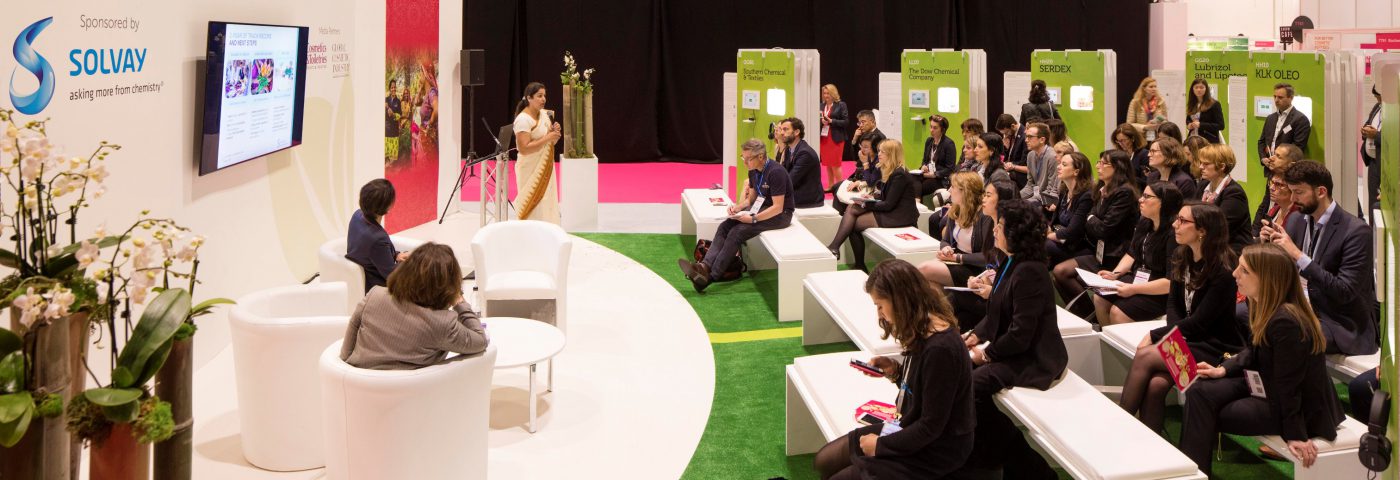Dr Barbara Olioso, MRSC, The Green Chemist Consultancy
Having spent Christmas in Italy, I discovered a new law was coming into effect in 2018. There is now a one-cent charge at supermarkets and pharmacies for compostable bags, on top of the normal carrier bag charge. Even though this is a small fee, it has generated great discussion about who is responsible for packaging waste? The emphasis has now shifted towards an ‘if you pollute you pay’ mentality, rather like the purpose of the congestion charge in London. In France, from 2020, there will be an official ban on plastic plates and cups, and in the UK some cafes are giving discounts to customers who bring their own reusable cups in a bid to cut down on plastic lined paper-cups that cannot be conventionally recycled. All of these are examples of ways to reduce plastic packaging: introducing a fee to the consumer; banning superfluous packaging all together; or incentivising the use of sustainable packaging.
Packaging is essential, as well as challenging, for most cosmetic products. Cosmetics have long shelf lives and complex chemical compositions which can react, affecting both the product and the packaging.
Given this, what can the industry do to reduce packaging waste and make cosmetics more sustainable and appealing to consumers?
Reusing packaging has many challenges, especially with regards to hygiene. The Body Shop experimented with this several years ago, offering a refill service in its shops. However, it had to stop due to the challenge of – and legal liability – over contamination risks.
Using recycled plastic containers is a good idea, however there is a limit on how many times plastic can be recycled. The ‘Holy Grail’ for cosmetic plastic packaging, would be a compostable bio-plastic. Unfortunately, the very nature of such a product, being biodegradable, makes it unsuitable for cosmetics. The closest to this Holy Grail that I have found is packaging made of PCW (post-consumer waste) paper by a pioneering American company called Organic Essence. This organic brand manufactures vegetable oil-based products and pushes the boundaries of green packaging. Allowing consumers to feel guilt free, about the environmental impact of the packaging.
To find out more about sustainability in cosmetics and to share your views on who is responsible for packaging waste, visit the Sustainability Corner at in-cosmetics Global in Amsterdam.
Dr Barbara Olioso is the Founder of the Green Chemist Consultancy and will be speaking at the Sustainability Corner at in-cosmetics Global in Amsterdam from 17-19 April.

